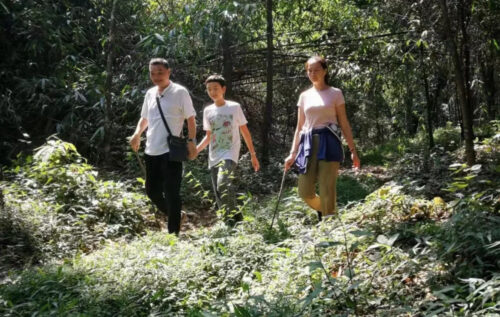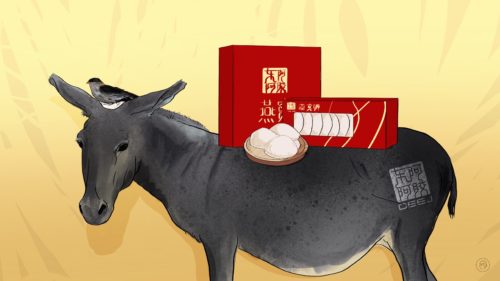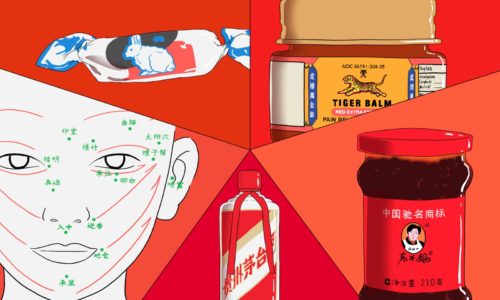China’s national medical hotline apologizes on Weibo for discrediting donkey-hide gelatin
China’s national medical hotline apologizes on Weibo for discrediting donkey-hide gelatin
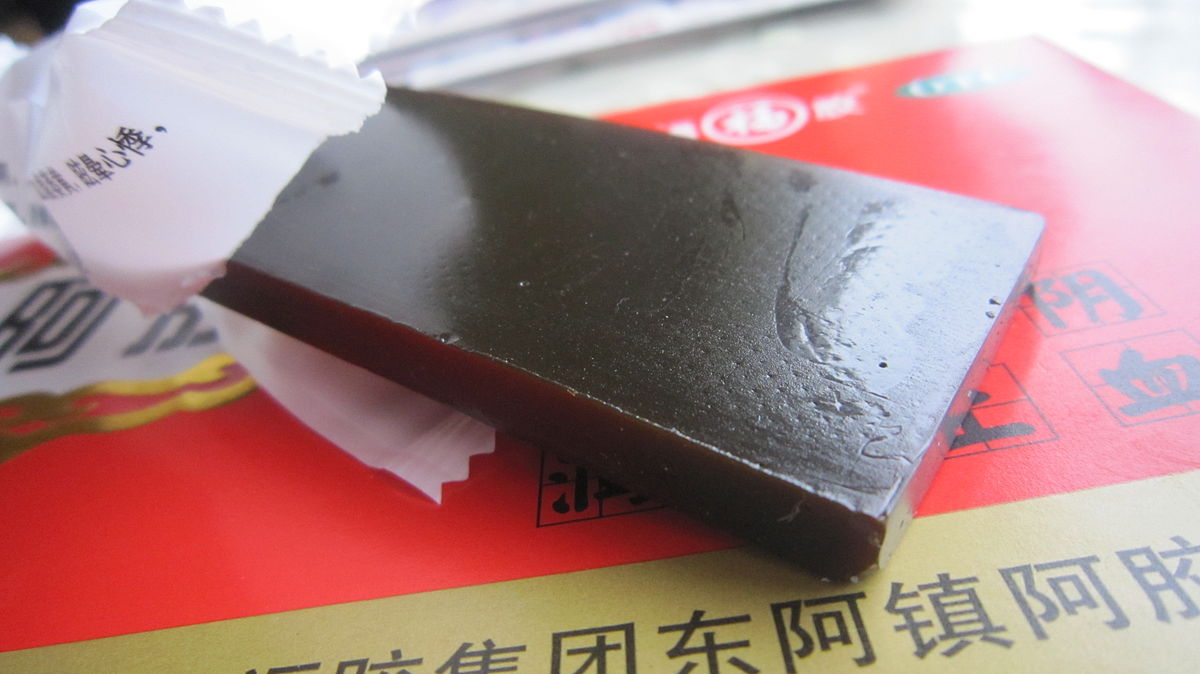

National Health 12320, the official Weibo account of China’s medical hotline operated by the country’s National Health and Family Planning Commission, apologized on Monday, February 26, after it made a since-deleted post to dispel the myths surrounding donkey-hide gelatin. Known as ejiao (阿胶 ējiāo) in Chinese, it is a popular product in China, where many people believe in its health benefits.
Titled “Ejiao is not worth buying during holidays,” the original post, published on February 18, in the midst of this year’s Spring Festival, cautioned customers to be skeptical about the product despite a string of health claims promoted by ejiao manufacturers.
“Ejiao has long been one of the most-hyped health supplements, as it is branded to have many benefits such as replenishing blood, stopping bleeding, nourishing skin, avoiding miscarriage, resisting fatigue, and preventing cancer,” the post reads. “However, if we see through the hype built around it and examine its essence, ejiao is just boiled donkey skin.”
The account also added that donkey skin is mostly made of ejiao protein, which is not a good source of protein for human bodies.
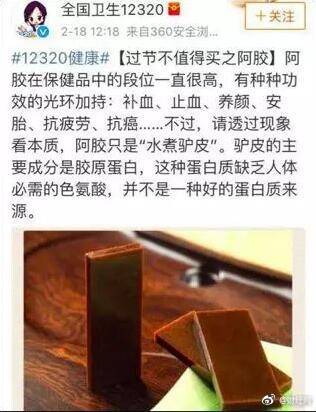
As with most Chinese traditional medicines, the medical efficacy of ejiao is open to debate, since it lacks scientific evidence to prove its effects. According to the New York Times, it was around 2010 when China’s demand for ejiao surged significantly due to aggressive advertising campaigns by a group of ejiao companies led by Dong-E-E-Jiao 东阿阿胶. Once a relatively cheap health product sold for $9 per pound, ejiao is now a luxury item valued at around $400 per pound.
Given the long-existing doubts swirling around ejiao, as many skeptics claimed that the whole concept of ejiao was actually a commercial scam, the initial post by National Health 12320 to some extent suggested an official stance on the controversial product.
However, on February 26, National Health 12320 issued an apology on its account after deleting the original post, which, according to it, was published without being carefully reviewed. “While we immediately took the post offline after we discovered problems, it attracted attention and caused misunderstandings in the public,” the account wrote. “We sincerely apologize to netizens and 12320 users for this.”
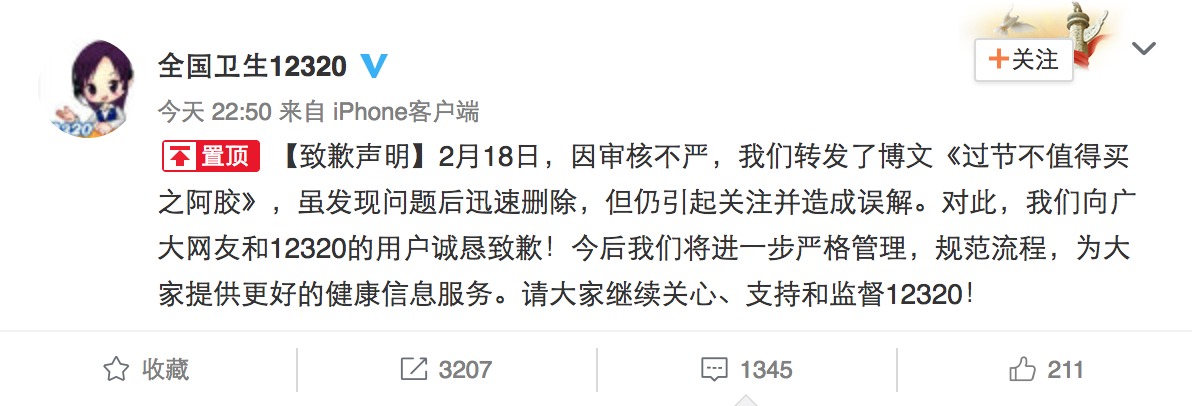
The apology post doesn’t specify what the “problems” are, and the ambiguity triggered a deluge of speculation among internet users, who believed that the post’s removal was under the influence of some interests groups relying on the lucrative ejiao business.
“Sorry for speaking the truth without deliberate consideration. Though we quickly deleted it after it had been discovered, the post still caused severe consequences,” the most upvoted comment reads, in an attempt to ridicule the deleted post and reveal the real reason behind its removal. “We want to offer an apology to internet users and we vow to improve our content management and standardize our procedure. We will never let truth be spoken out this easily. Please rest assured!”

Among the controversy, China News of TCM, the largest TCM newspaper run by the State Administration of Traditional Medicine of China, published an article to defend ejiao on its front page today. Titled “Refuting the validated effects of ejiao is against science,” the piece quotes Fang Shuting 房书亭, head of the Chinese TCM Association, who said, “With a history of thousands of years, the effects of ejiao are clear. Both TCM theories and modern medical research proved the effects of ejiao. That Weibo post, in denial of ejiao’s effects without providing evidence, misled the public and customers irresponsibly.”
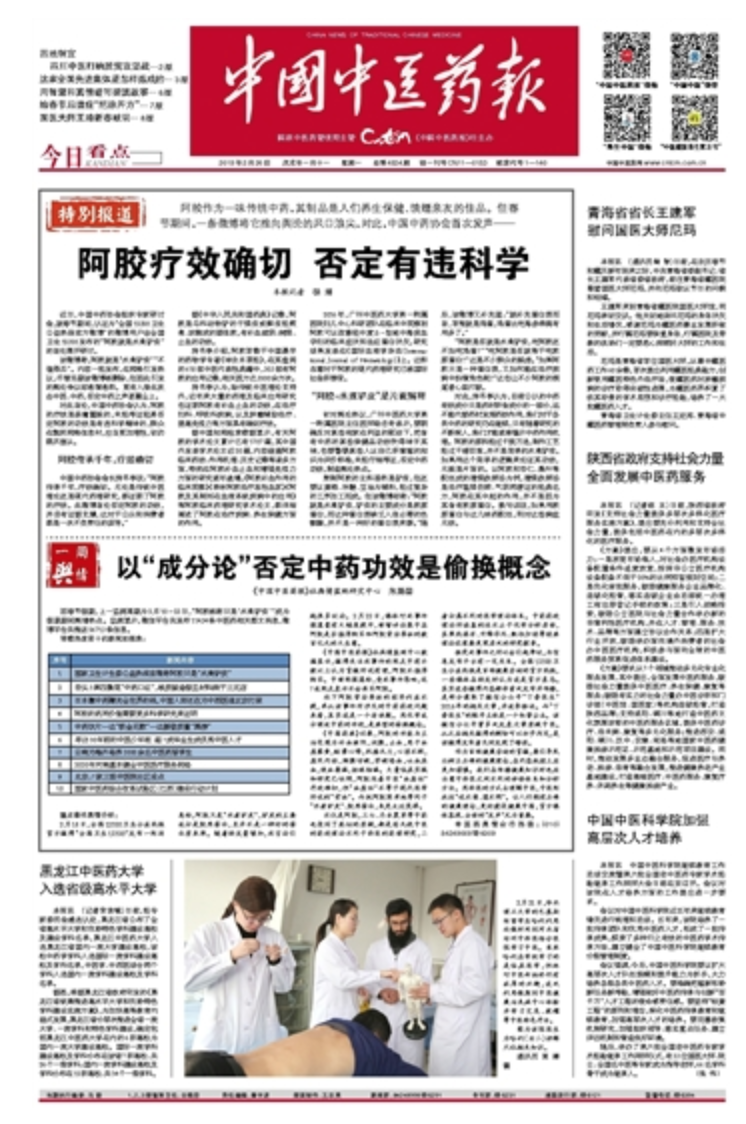
The article also claims that while the main component in ejiao is donkey skin, the product is more than “boiled donkey skin,” as other cooking ingredients, such as Chinese rice wine and rock sugar, are added to it through complex procedures. The explanation, however, wasn’t convincing to most internet users. “This is exactly how I cook pork legs,” one Weibo user commented.


